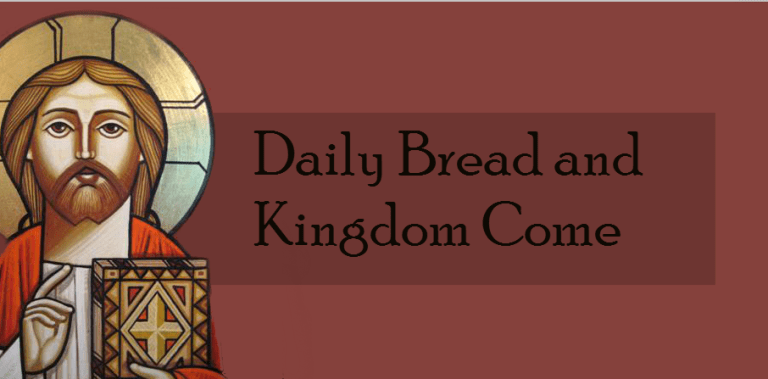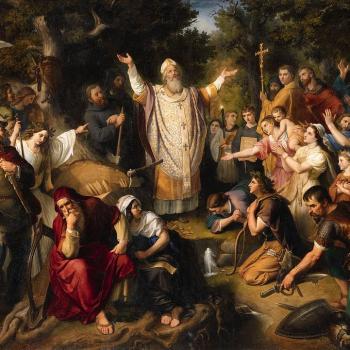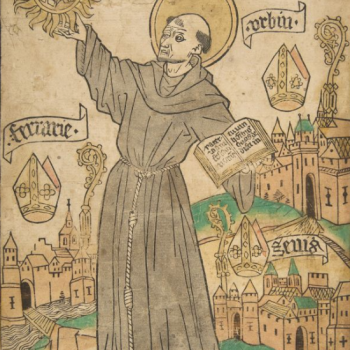A few years ago I spent a summer working as a hospital chaplain. It was one of the most challenging things I have ever done. Chaplains are rarely called when things are going well. They are called when something goes wrong in an operation. They are called when tragedy strikes. Chaplains are asked to escort people through death, and failure, and sorrow beyond words. They are called in when the vocabulary of medicine is unable to address the most pressing needs of a patient or family. Chaplains are called to give words when all words fall short. It is a beautiful and impossible task, and I count my work as a chaplain as the most meaningful work I have ever done.
When words fell short, but words were required there were two things I would fall back on: holding hands, and the Lord’s prayer. Holding someones hand is like a little sacrament. It is an act of incarnational communion, filled with the mystery that each person is in icon of God. The Lord’s prayer is the liturgy of the word in miniature. It is the law and gospel both received and proclaimed. It is the invitation and the commission into the Kingdom of God. It joins our words with Christ and his body. It is powerful.
It is a prayer that all Christians know. It transcends creeds, sects and parties. It is the prayer of the pilgrim Church throughout the world as they await the coming of Jesus Christ. It is the cry for freedom in a world of distress.
In my work to end hunger this prayer communicates a powerful message. We pray, “Thy Kingdom come, thy will be done on earth as it is in heaven. Give us this day our daily bread.”
Thy Kingdom Come
When we cry out that God’s kingdom come on earth as in heaven we are proclaiming that the life of God has a place in the life of humanity. Our systems and governments are not simply to be discarded but we join with Jesus in a prayerful petition and a radical hope that our world can reflect the mercy and justice of God. As St. John Chrysostom writes of this, “[In this phrase] He bids us make this earth into Heaven.”
Daily Bread
The Radically temporal nature of our cry for God’s kingdom is seen in our request for daily bread. The rural Galileans were poor and oppressed, and resources such as food were scarce. This prayer reflects the real needs of people crying out for food and joins with them the voice of God in Christ as he leads the church to pray with the hungry. When we pray for justice we enter into solidarity with all those who struggle to acquire basic necessities, for as Augustine writes, as we ask for bread we recognize God’s concerns for the sufficiency in all things (Epist. 130. 11). The use of the word daily (ἐπιούσιος) points to God’s concern for a sustainable system of sustenance.
The Lord’s prayer is a powerful statement of unity, solidarity, and hope. It unites us as one Christian family as one of our deepest statements of faith. It leads us into solidarity with the hungry. It offers a vision of God’s reign in our midst as a paradigm of justice and hope for our world. There is arguably no prayer in the Christian tradition as powerful in equipping the faithful for the work of the Kingdom.













